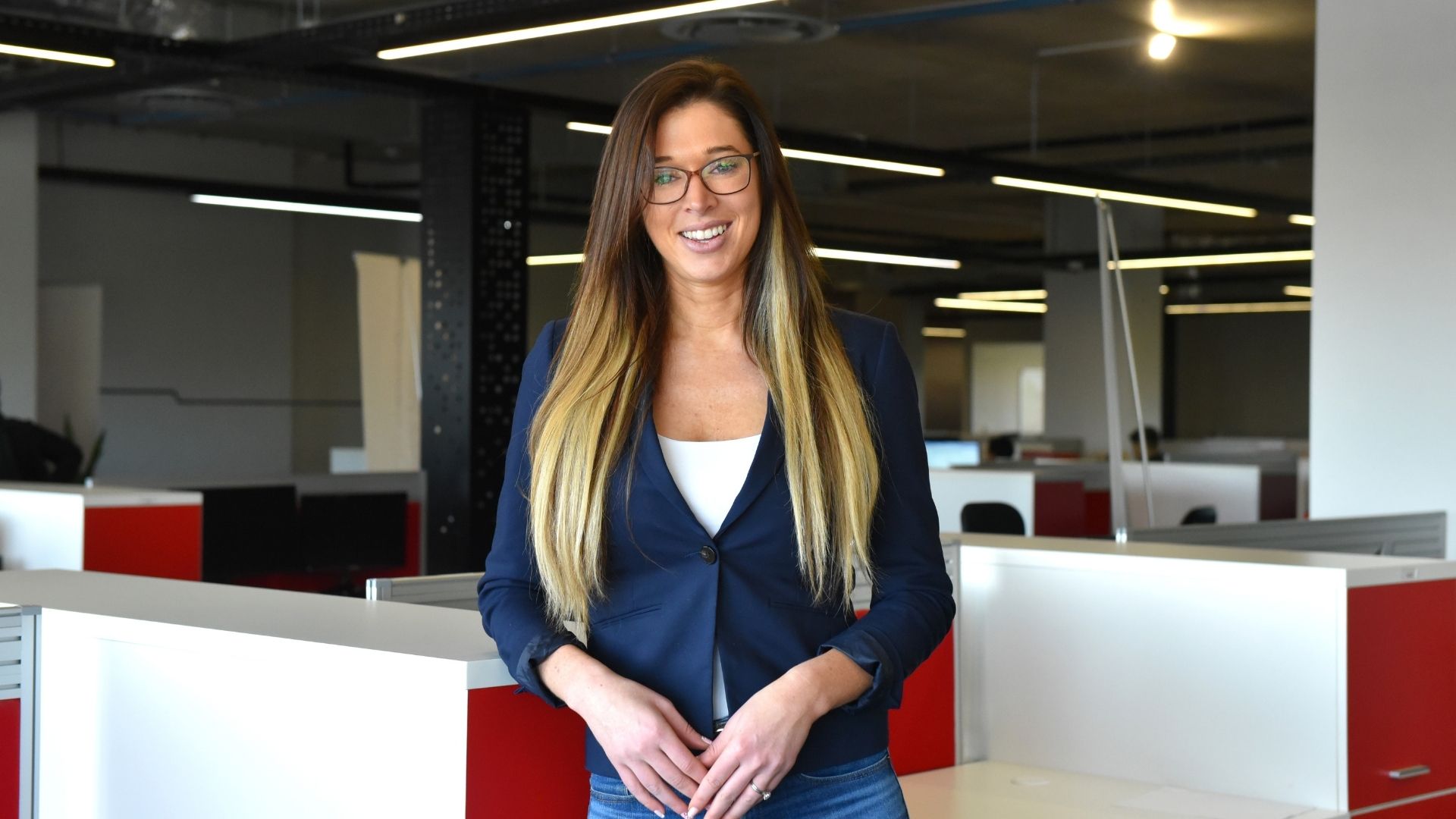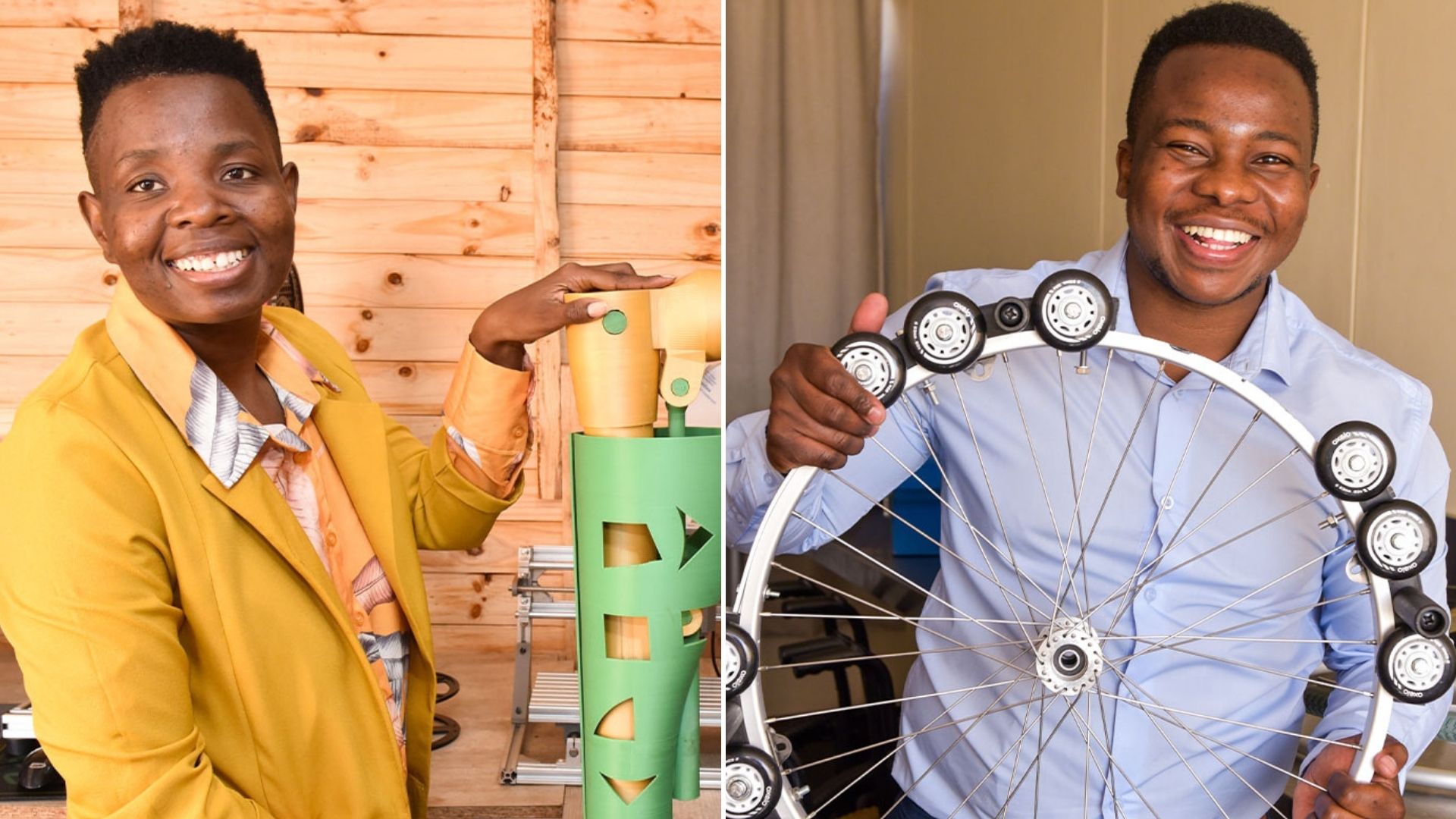
Food safety in South Africa entered the national consciousness with force during the 2017-2018 listeriosis outbreak – the largest foodborne disease crisis in the country’s history. With over 1,000 people affected and 218 lives lost, the spotlight fell on a Tiger Brands Enterprise Foods factory in Polokwane, where listeria bacteria were found thriving amid cracked floors and drainage failures. As we mark World Food Safety Day on 7 June, it’s a timely reminder that food safety doesn’t start in the factory, it begins much earlier. And as Palesa Motaung, a member of the FURTHER community, points out, the conversation must begin in the soil, where South Africa is facing a quiet but urgent crisis.
The invisible risk beneath our feet
Modern farming systems have grown increasingly chemical-dependent. In contrast to the 1950s, when apple orchards required just three to four chemical applications per season, today’s farms may use up to 30 different chemical treatments. Meanwhile, South Africa has established air and water quality regulations but no formal standards for soil health.
This regulatory gap is alarming, particularly as microplastic contamination and soil degradation have gained international attention. Poor soil health not only reduces crop productivity, it also creates a dangerous feedback loop: As soils degrade, farmers apply more chemicals, which in turn complicates compliance with both local and export food safety requirements.
Global standards, local challenges
To meet food safety expectations – particularly in export markets such as the EU – South African farmers must comply with Maximum Residue Limits (MRLs), sometimes as low as 0.01 mg/kg. This level of precision demands advanced lab testing, which few smallholder farmers can afford. Certification requirements demand detailed, ongoing recordkeeping that can cost up to R200,000 per season – a near-insurmountable barrier for many emerging farmers.
“Farmers have to track every chemical input, maintain buffer zones, manage protective equipment, and document every training, cleaning, and audit – while also ensuring basic infrastructure like worker toilets and first aid stations are in place,” Palesa explains.
This creates a twofold crisis: Environmental harm and increasing exclusion of small-scale producers from formal supply chains.
Solutions taking root
Despite the challenges, Palesa is optimistic. Across the country, solutions are emerging that tackle soil degradation and certification complexity in tandem. From regenerative farming programmes to compliance-focused technology, a new wave of innovation is helping to restore both land and livelihoods.
Key to this change are agricultural hubs – shared spaces offering:
- Soil testing and improvement programmes
- Post-harvest handling infrastructure
- Cold storage and packaging support
- Training and mentorship
- Digital recordkeeping tools
- Group certification services
These hubs don’t just reduce the cost of compliance – they create ecosystems of support, where small-scale farmers can thrive.
Some are combining soil restoration with certification support, helping farmers reduce chemical inputs gradually while remaining within legal residue limits. With thriving soil biology, balanced pH, and proper fertility, crops become more resilient, pest pressure declines, and the need for aggressive chemical use diminishes, naturally simplifying food safety compliance.
Food safety must include dignity
Palesa emphasises that a truly safe food system is about more than avoiding contamination. It’s about protecting people – at every point in the supply chain. That includes worker dignity, with proper sanitation facilities, hygienic post-harvest handling, and safe transport infrastructure.
“Success stories are emerging where farmers combine digital compliance tools with soil improvement strategies,” she says. “We’re starting to see that food safety and food security don’t have to be at odds. They can reinforce each other – if we shift the system.”
The future of food safety starts in the soil
As a member of the FURTHER community, Palesa is part of a growing network of social entrepreneurs who are rethinking agricultural systems from the ground up. Her work shows that food safety isn’t just a downstream concern for factories – it’s a holistic ecosystem issue that begins in the field and continues all the way to the plate.
To truly secure the future of food in South Africa, we must integrate soil quality standards into existing food safety frameworks, build resilient support infrastructure for smallholders, and ensure that dignity, safety, and sustainability are core to every step of the process.
Because when the soil is healthy, the food is safer, and the future is stronger.




